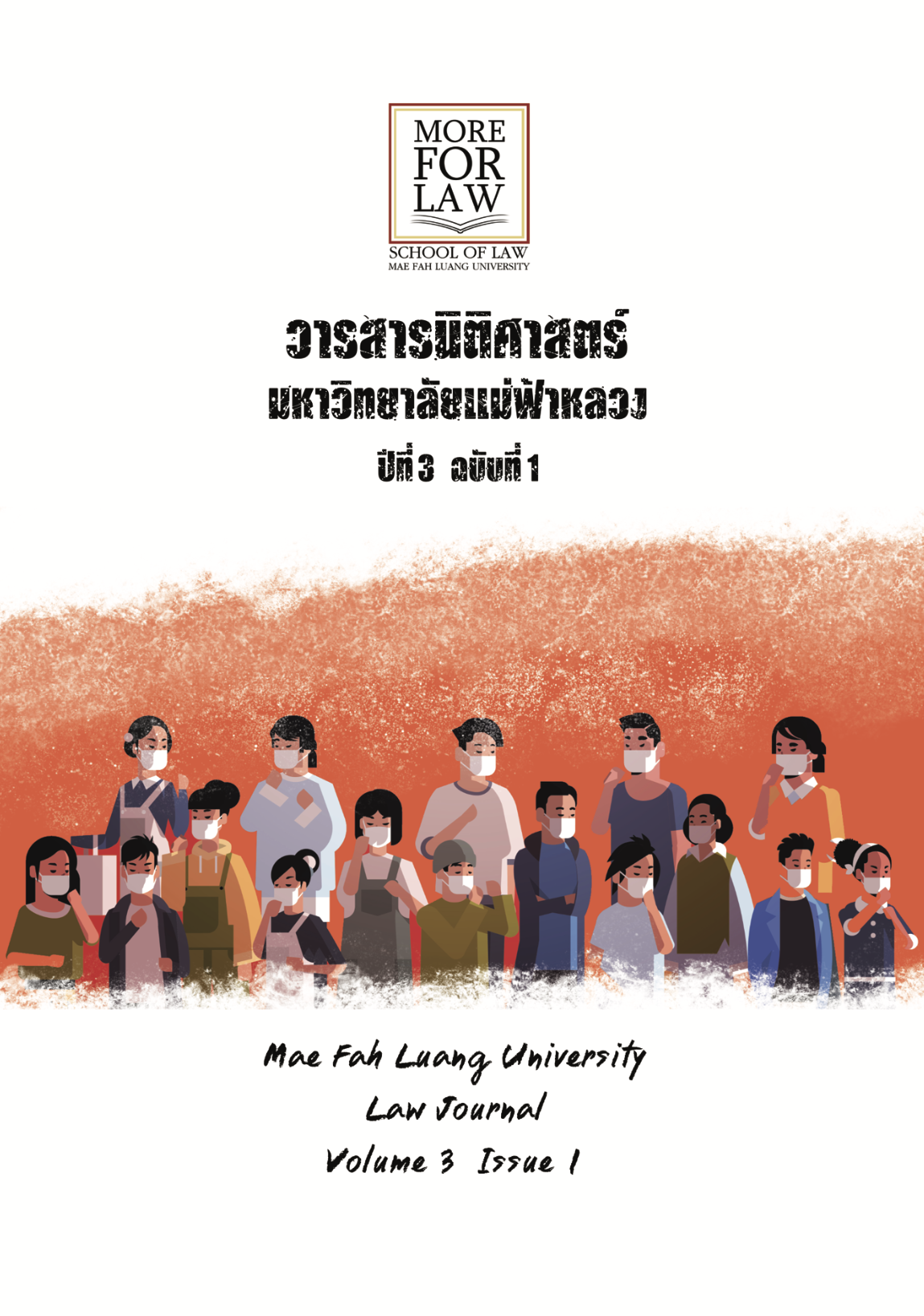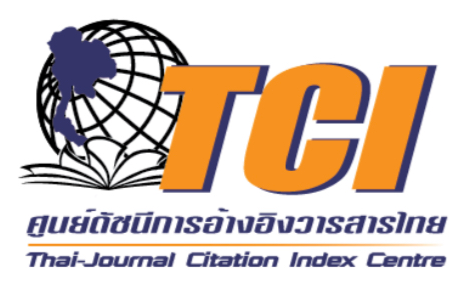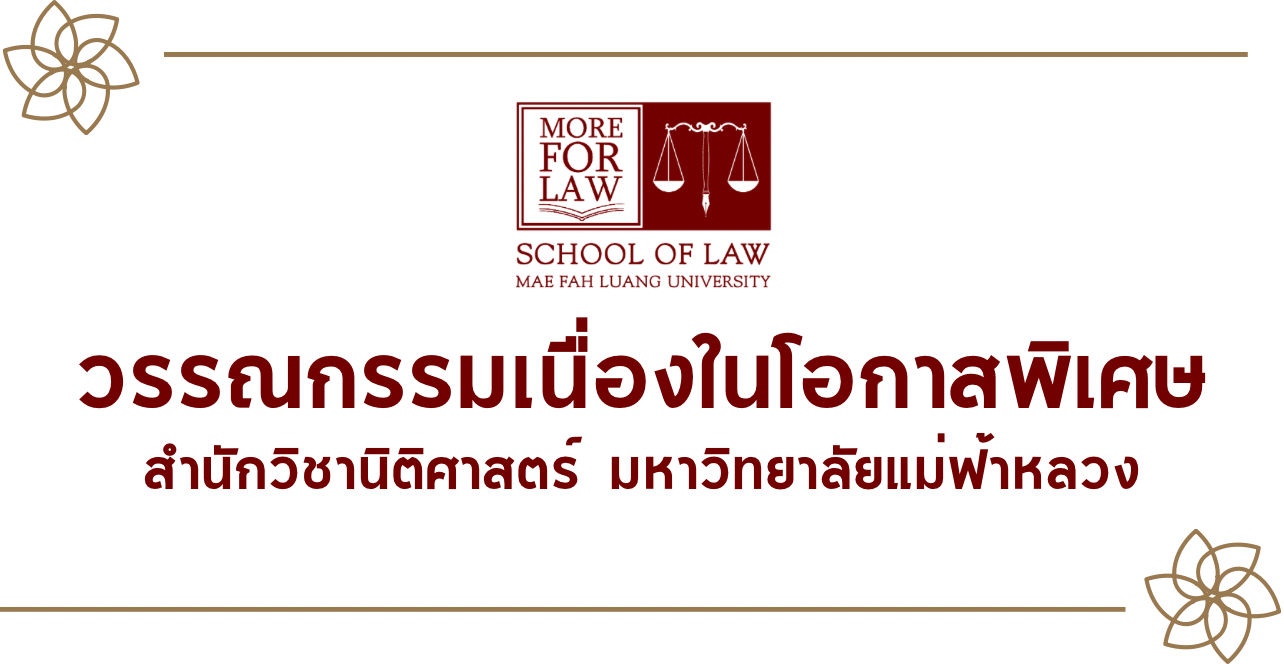Prospects for Amicus Curiae Under the Annex to the 1997 Convention on the Law of the Non-Navigational Uses of International Watercourses
DOI:
https://doi.org/10.14456/mfulj.2020.2Keywords:
Amicus Curiae, Dispute, International, Public Participation, WaterAbstract
As global demand for water resources increase for limited supplies, disputes may arise between States which share international watercourses. In the law of international watercourses, when States are unable to settle disputes through “diplomatic” methods, they may resort to international courts and tribunals. A recent trend in water-related disputes submitted to international courts and tribunals has been participated by non-parties as amicus curiae. This procedural tool of international courts and tribunals is not customary international law, nor is it a procedural tool common to all States. The 1997 Convention on the Law of the Non-Navigational Uses of International Watercourses came into force on August 17, 2014. The convention includes optional recourse to arbitration and an annex of procedural rules for arbitration. However, the annex to the convention provides no express provision for amicus curiae. This article reviews whether an arbitral tribunal constituted under the annex may accept amicus curiae submissions based on the rules and practice of selected international courts and tribunals. This article concludes that based on the rules and practice of selected international courts and tribunals, an arbitral tribunal following the procedures in the annex to the convention will most likely find the discretion to accept amicus curiae submissions under its general procedural powers, however notions of public participation may be explored that may further support the acceptance of amicus curiae submissions.
Downloads
Downloads
Published
How to Cite
Issue
Section
License
Copyright (c) 2020 Mae Fah Luang University Law Journal

This work is licensed under a Creative Commons Attribution-NonCommercial-NoDerivatives 4.0 International License.






